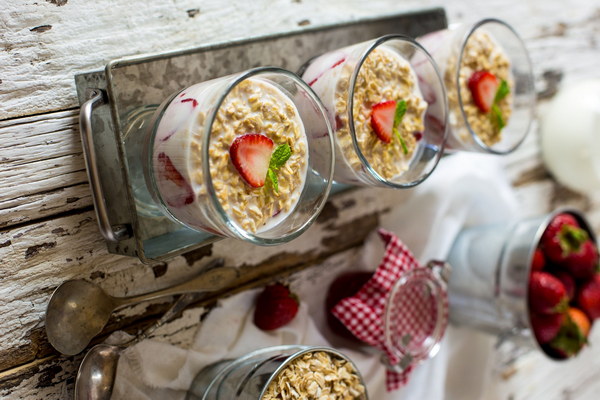Recovering Your Stomach Health A Guide to Nurturing Your Stomach PostCold
Introduction:
Colds are common and can affect anyone at any time. While the common cold is usually a mild illness, it can sometimes lead to stomach discomfort and complications, especially in your digestive system. Nurturing your stomach health post-cold is crucial to ensure a quick and smooth recovery. In this article, we will discuss how to care for your stomach during and after a cold to maintain optimal health.
1. Hydration is Key:
Drinking plenty of fluids is essential when you have a cold. Staying hydrated helps maintain the balance of fluids in your body and keeps your digestive system running smoothly. Water, herbal teas, and clear broths are great choices. Avoid caffeine and alcohol as they can exacerbate stomach discomfort.
2. Gentle Eating:
During a cold, your body requires more energy to fight off the infection. Opt for easy-to-digest foods that are gentle on your stomach, such as bananas, rice, applesauce, and toast. These bland foods are known as the BRAT diet and can help alleviate stomach pain and bloating.
3. Avoid Certain Foods:
While some foods can help soothe your stomach, others may worsen your symptoms. Avoid spicy, fatty, and fried foods, as they can irritate your stomach lining and cause discomfort. Also, steer clear of carbonated beverages and alcohol, which can lead to bloating and gas.
4. Mindful Eating:
When you're sick, it's essential to eat slowly and chew your food thoroughly. Eating too fast can lead to indigestion and discomfort. Take your time to enjoy your meals and give your stomach time to process the food.
5. Rest:
Resting is crucial during a cold, as it allows your body to focus on fighting off the infection. Lack of sleep can weaken your immune system and make it harder for your stomach to recover. Aim for 7-9 hours of quality sleep each night to support your body's healing process.
6. Medication:
Over-the-counter (OTC) medications can help alleviate stomach discomfort during a cold. Antacids can neutralize stomach acid and reduce heartburn, while anti-nausea medications can help manage vomiting. Always consult a healthcare professional before taking any medication.
7. Probiotics:
Probiotics are beneficial bacteria that can help maintain a healthy balance of gut flora. Consuming probiotics can aid in digestion and improve overall gut health. Consider adding probiotic-rich foods, such as yogurt, kefir, and fermented foods, to your diet or take a probiotic supplement.
8. Stress Management:

Stress can exacerbate stomach discomfort during a cold. Practice stress-reducing techniques, such as deep breathing exercises, meditation, and gentle yoga, to help manage stress levels and support your body's healing process.
9. Seek Professional Help:
If you experience severe stomach pain, persistent nausea, or blood in your stools, it's crucial to seek medical attention. These symptoms could indicate a more serious condition that requires prompt treatment.
Conclusion:
Taking care of your stomach during and after a cold is essential for a quick and smooth recovery. By staying hydrated, eating gently, and managing stress, you can support your body's healing process and maintain optimal stomach health. Remember to consult a healthcare professional if you experience any concerning symptoms. With the right care, you can overcome your cold and return to your normal lifestyle in no time.









